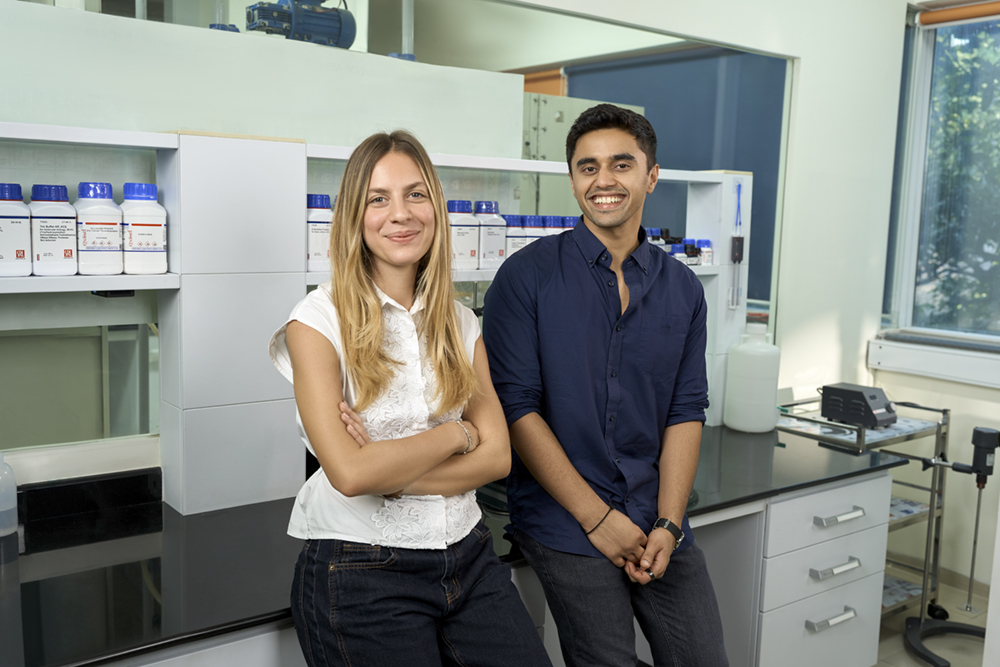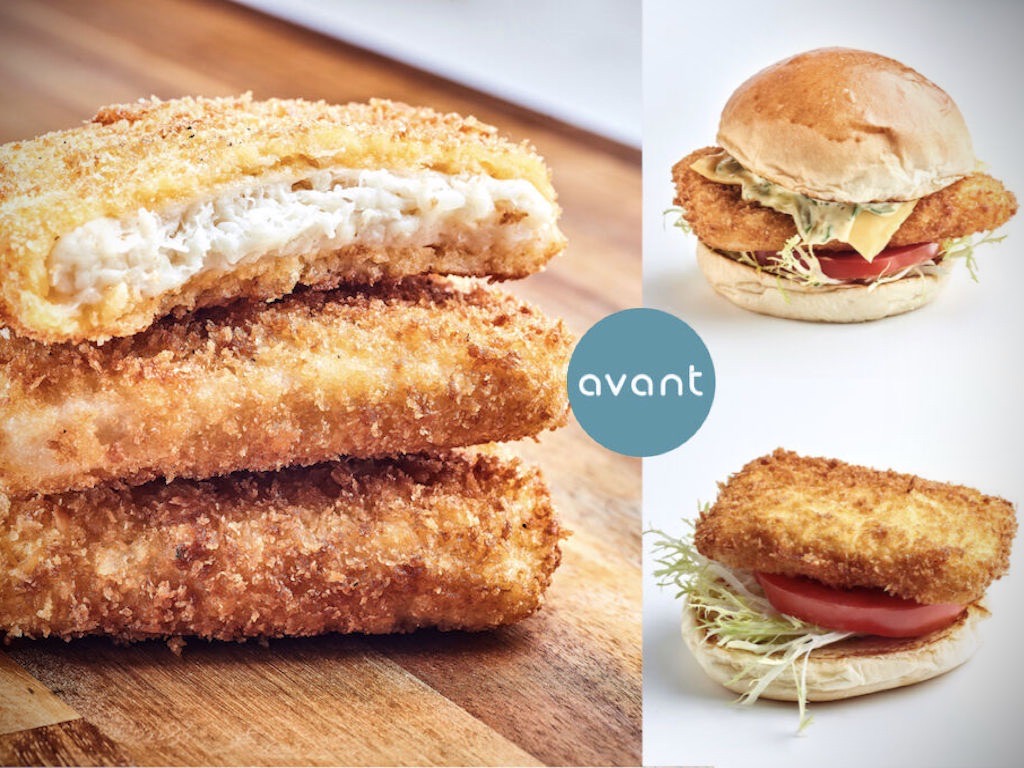

Albert Heijn blends meat and plants in new product line to nudge dutch shoppers toward greener plates
Albert Heijn, the Netherlands’ largest supermarket chain, is launching an innovative line of hybrid food products that combine animal-based ingredients with plant-based components, in a move it hopes will make sustainable eating easier for everyday consumers.
The retailer, owned by Ahold Delhaize, recently introduced 15 new products that mix meat or dairy with ingredients such as field bean protein, sugar beet fiber, celeriac, and butter beans. According to Albert Heijn, the aim is to preserve familiar flavors and textures while improving nutritional profiles – such as lowering saturated fat content – and cutting greenhouse gas emissions.
“The idea of products that combine animal-based and plant-based ingredients is new and may take some getting used to. But taste research shows that these products are just as tasty as the regular variants,” said Nienke Tjerkstra, who oversees sustainability and health at Albert Heijn. “We make it easier to eat plant-based food more often, without customers having to compromise on taste or habits. Small adjustments can make a difference, for yourself and for the planet.”
The new range includes two dairy drinks made with a blend of cow’s milk and plant proteins, as well as seven meat products such as hamburgers, lean minced meat, sausages, meatballs, and chipolata sausages that have been enriched with sugar beet fiber. The lineup also features six cold cut varieties, including grilled sausage and salami.
Albert Heijn said the hybrid products will be priced the same as, or even less than, their fully animal-based counterparts, a strategy designed to eliminate price barriers that often discourage consumers from trying more sustainable alternatives.

The launch fits squarely into Ahold Delhaize’s broader strategy to drive the so-called protein transition – the gradual shift from diets heavily reliant on animal proteins to those with a greater emphasis on plant-based sources. The company has made sustainability a core focus, citing its commitment to helping communities adopt healthier lifestyles while reducing environmental impacts across the value chain.
“By collaborating across the value chain, we support communities in embracing sustainable habits and accelerating decarbonization for a better future,” Ahold Delhaize said in announcing the new products. “We do so by placing the health of people and the planet at the core of our efforts, encouraging shifts toward healthier, more sustainable diets and practices.”
Albert Heijn has already built a substantial plant-based offering under its AH Terra brand, which now spans more than 350 products. From meat substitutes to dairy alternatives, the range is designed to give shoppers more options to reduce their consumption of animal products, even if they are not ready to give them up entirely.
But this latest hybrid range represents a fresh approach, aiming to help consumers transition more gently toward sustainable diets without forcing dramatic changes in taste or culinary habits. By partially replacing animal ingredients with plant-based components, Albert Heijn hopes to lower the carbon footprint of some of the most popular everyday foods while keeping them accessible to mainstream shoppers.
Such hybrid products could appeal to so-called 'flexitarians', a growing group of consumers who want to eat less meat but still enjoy it occasionally. Industry research has shown that many shoppers are open to reducing meat and dairy intake for health or environmental reasons but are reluctant to make the switch if alternatives are more expensive, taste significantly different, or feel unfamiliar.
Albert Heijn appears to be betting that gradual steps – rather than an all-or-nothing approach – may be the key to shifting consumer behavior. It’s a tactic that reflects a broader trend in the food industry, as companies look for ways to balance sustainability goals with the realities of what people are willing to put in their shopping baskets.
By rolling out products that blend animal and plant ingredients, Albert Heijn is offering what it sees as a pragmatic route toward lower emissions and healthier diets – one that doesn’t require customers to abandon the foods they love.
For now, the retailer is keeping a close eye on customer feedback to gauge how open Dutch consumers are to this hybrid approach. But with growing pressure on the food industry to reduce its environmental impact, hybrid products may well become a bigger feature in supermarket aisles in the years to come.
If you have any questions or would like to get in touch with us, please email info@futureofproteinproduction.com

.png)






